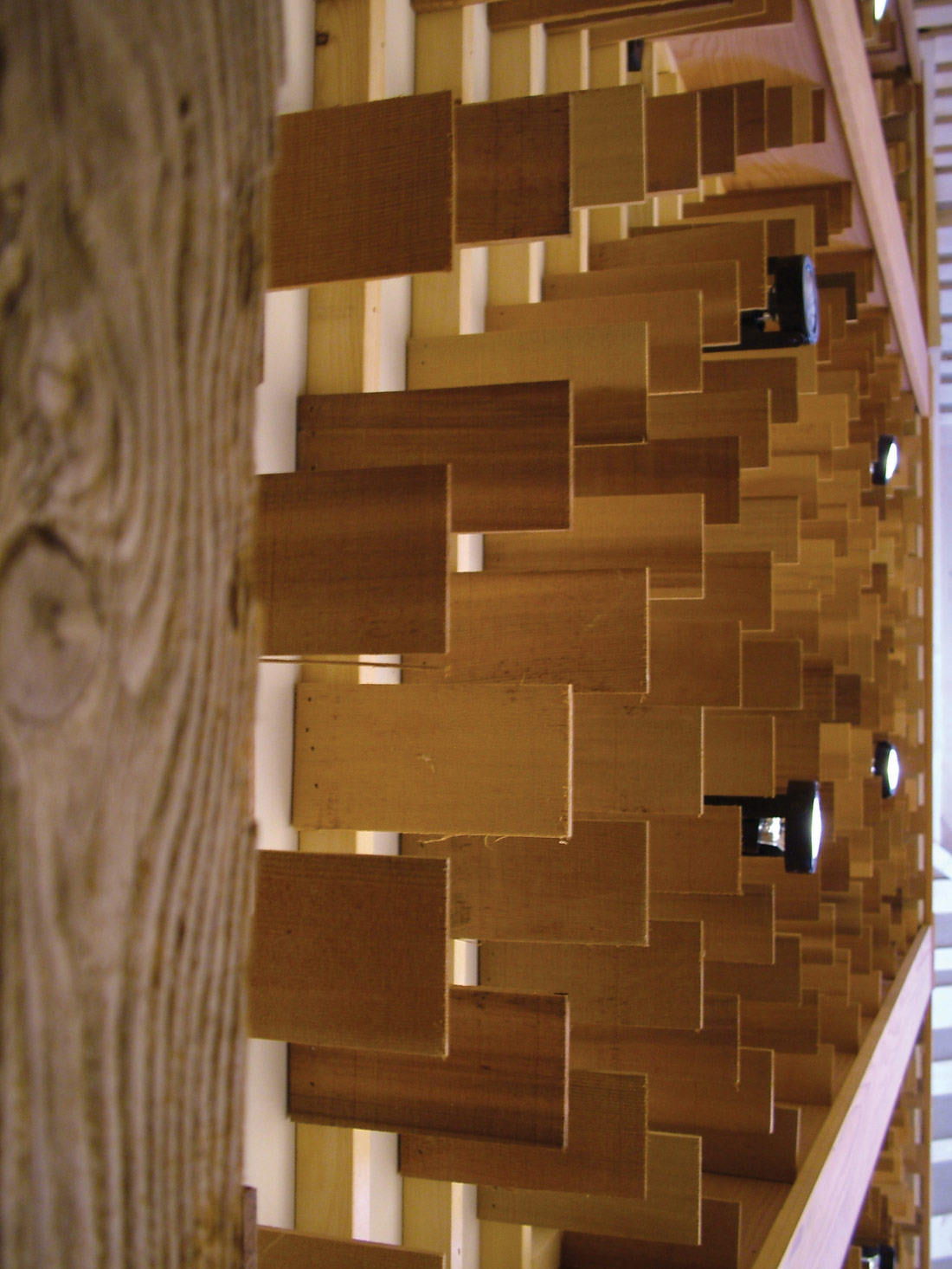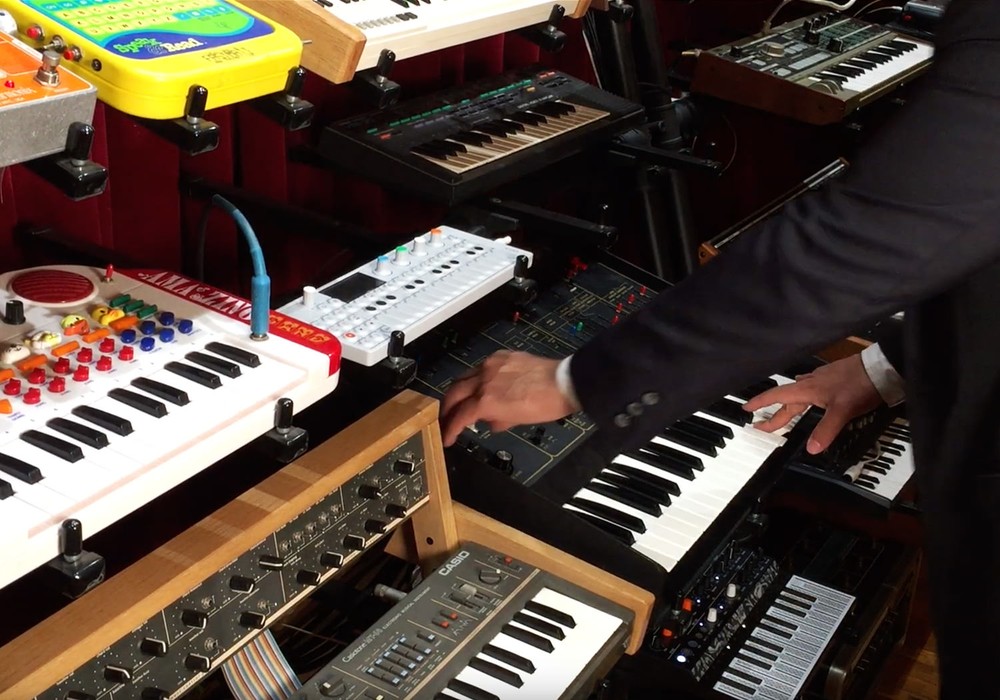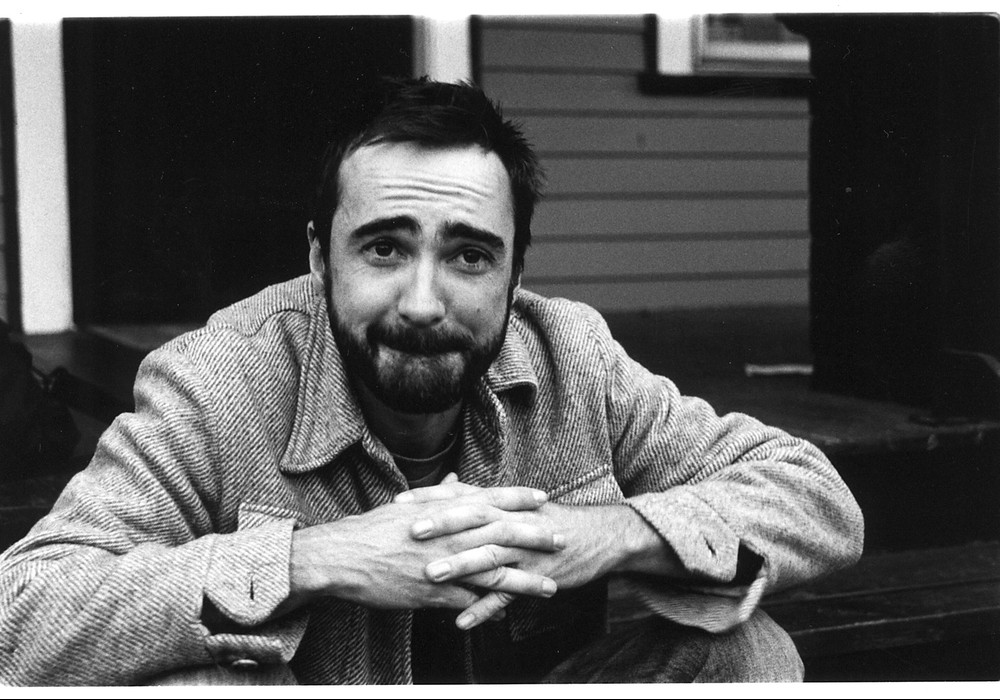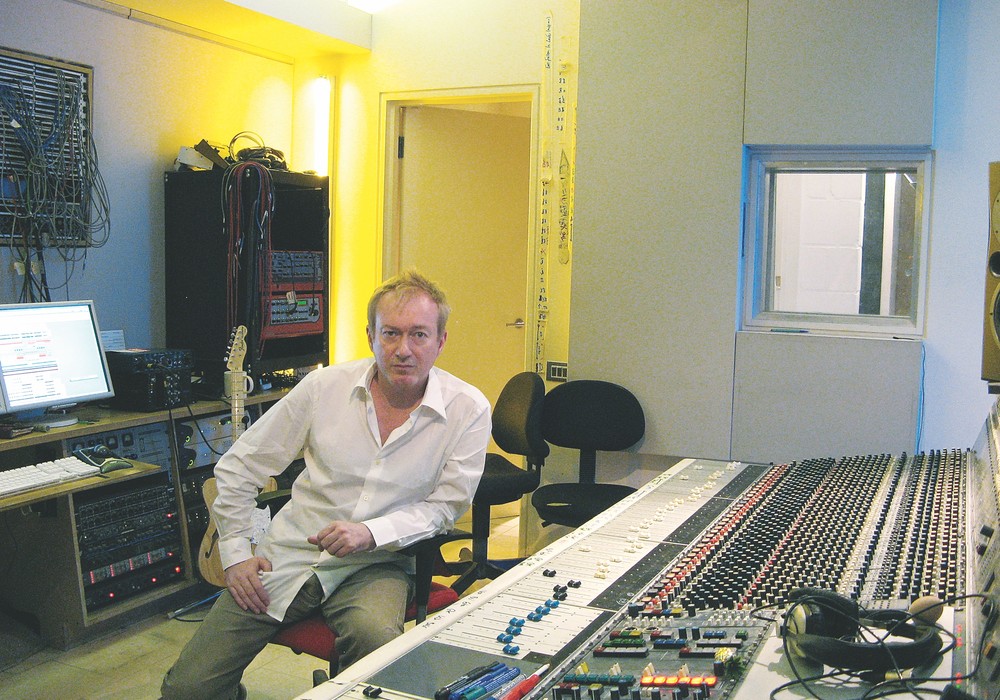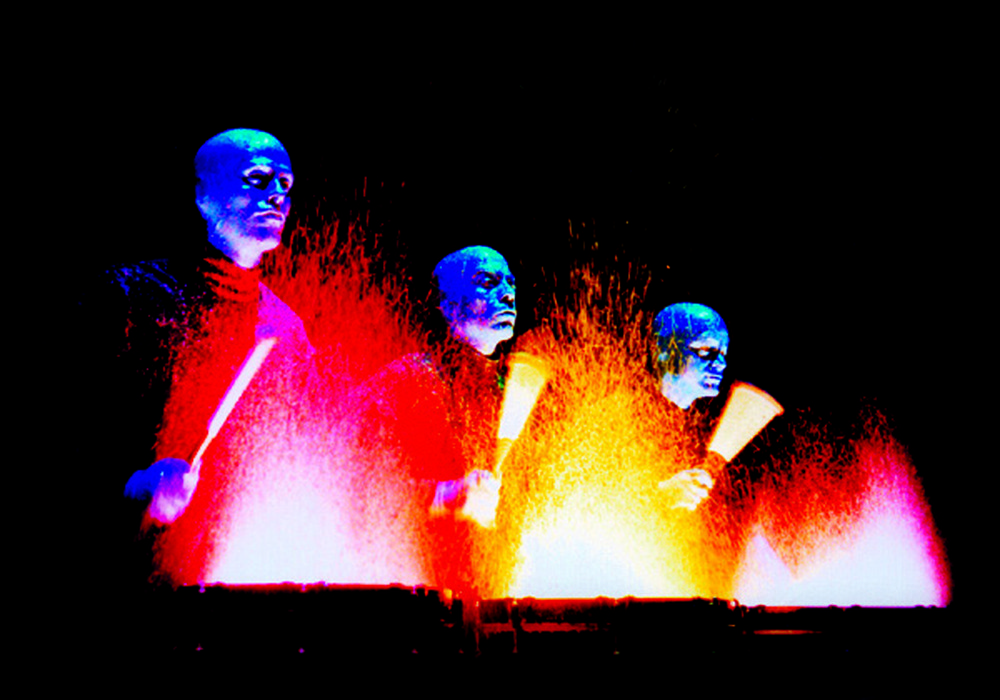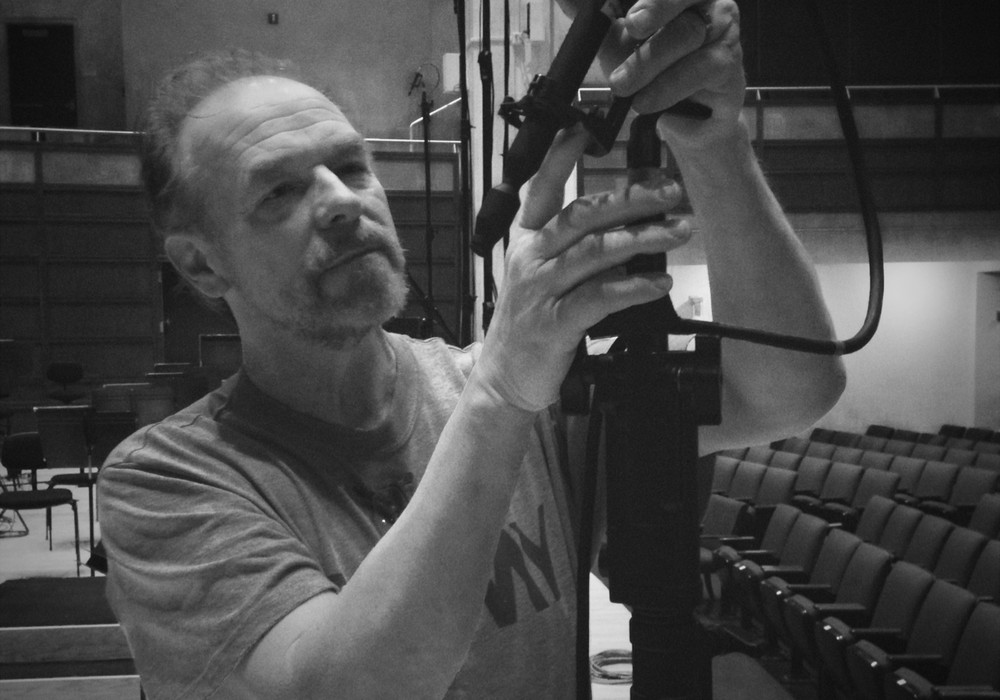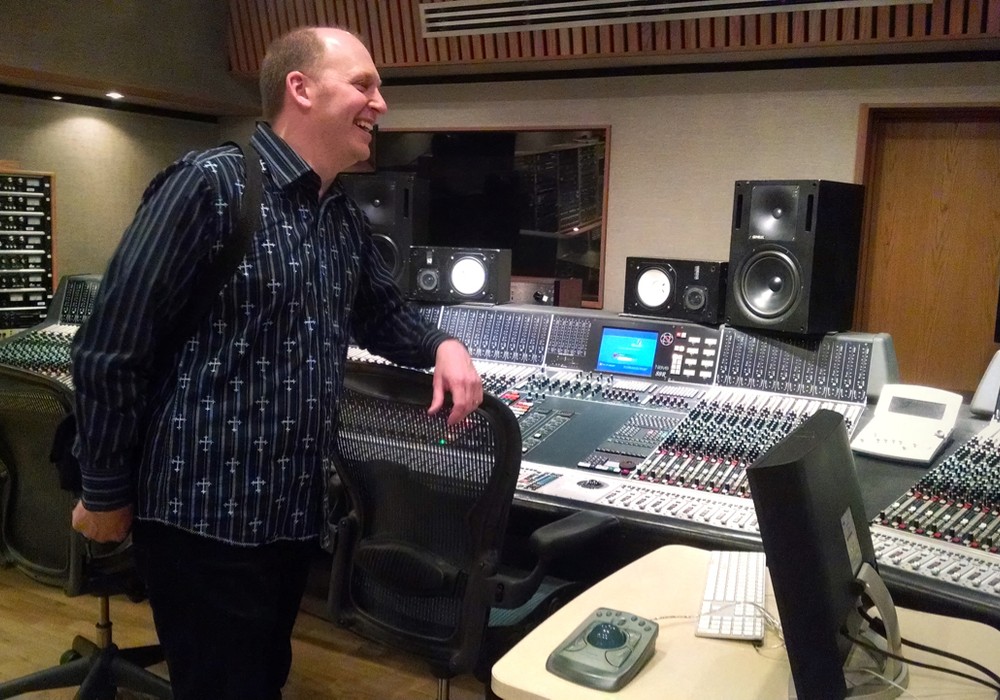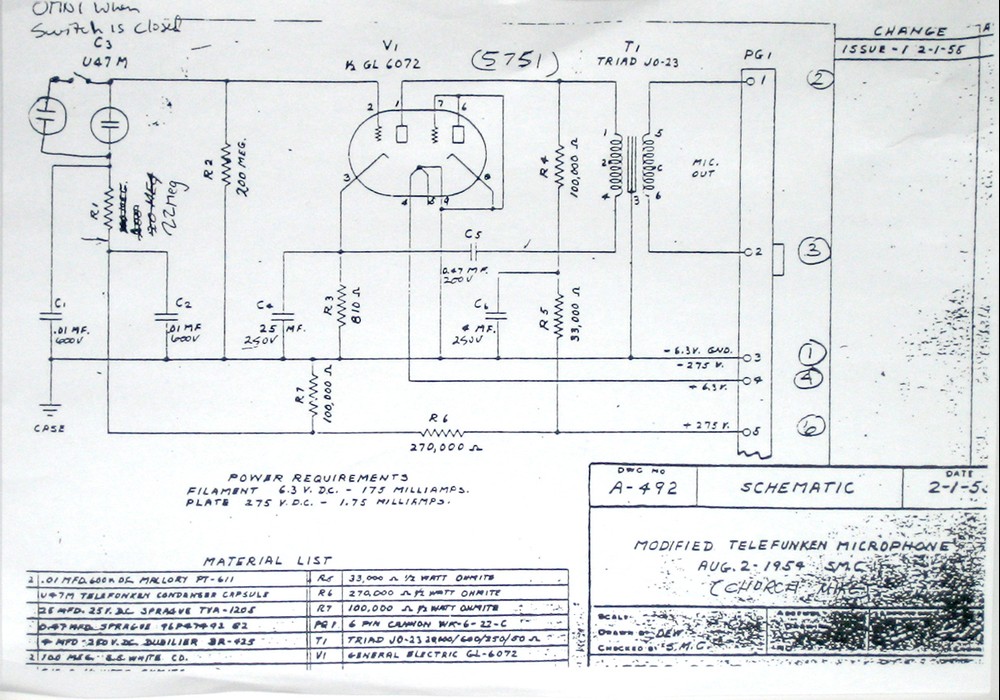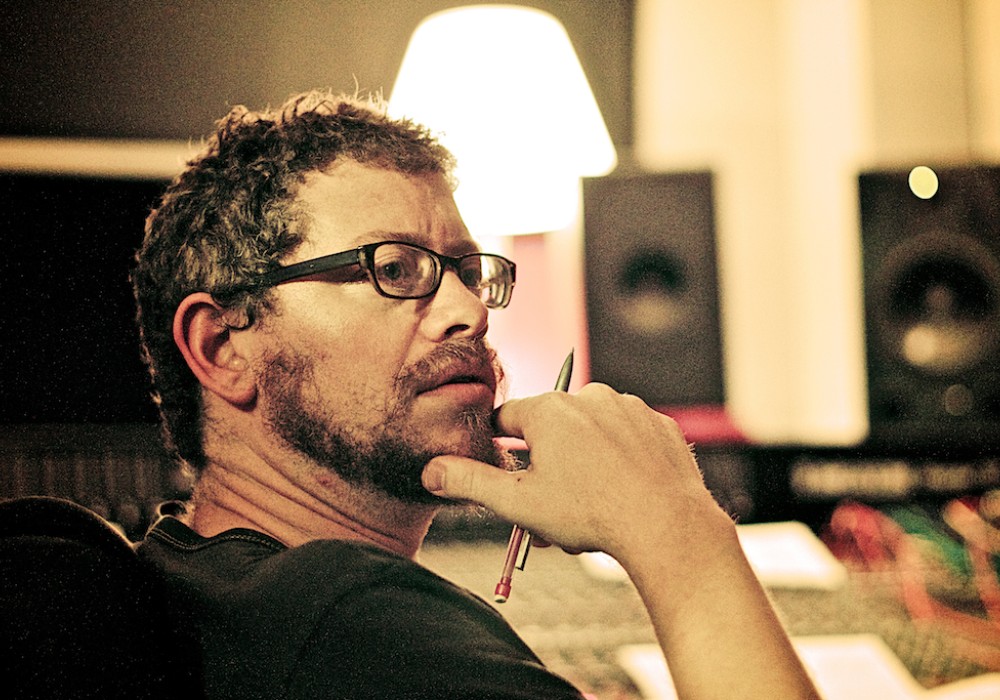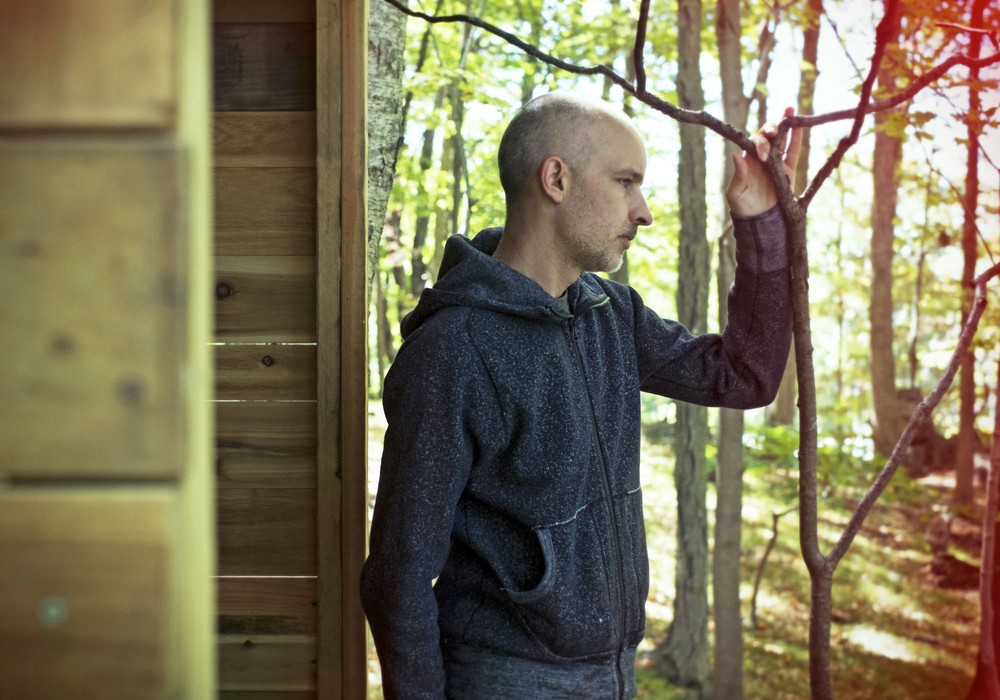Jim Anderson has had a multifaceted career in audio, from the beginnings of National Public Radio, to audio for The Muppets, to President of the AES Society, to engineering albums for some of the best jazz and acoustic musicians in the world. Not only is Jim a fine (Grammy winning) engineer and producer, he also helped create the esteemed music- recording program at The Clive Davis Institute of Recorded Music at NYU, where he is currently a professor. For Jim, it truly is all about audio.
You started working in college radio. Were you doing recordings at the radio station or DJing?
It was actually the beginnings of public radio. The radio station that I started at in Pittsburgh was an interesting station in that it had been on air five days a week, five hours per day, at 5,000 watts, and the antenna was five feet below average terrain. Then along came the Corporation for Public Broadcasting and they started seeding all these public radio stations. By the time I got there it was in its first year as a 25,000-watt stereo station. We covered the tri-state area of West Virginia, a portion of Ohio, and western Pennsylvania. I saw it go from 12 hours a day to 18 hours a day; I left just as it went to 24 hours a day. It was my first job out of college; I spent roughly a year and a half working as an engineer. I had my FCC license and all that. I was also producing the morning public affairs slot from 10 to noon every day, five days a week. Then I oversaw the jazz announcers at night. Occasionally when someone was sick, I'd have to go and do a two-hour shift. It was great training.
I'd imagine. Are you a musician yourself?
My major in college was music education, so my major was French horn. You had to have a minor too, and mine was piano. My parents made me get my education degree, the old 'just in case, you can go teach.' The funny thing is that I'm the last of five of my siblings, and they're all teachers. They're all retired; they laugh at me now because in September I have to go back to teach school.
How long was it into your career when you started teaching?
I was with NPR from '74 to '80. I left there and freelanced from 1980 to 2003. In fall 2003, we started the Clive Davis Institute. It's now been ten years. I still freelance and engineer, but the primary work I do is at the Institute.
How did you get handpicked for the Clive Davis Institute of Recorded Music?
It was a very funny meeting. I was co-chairing the AES convention with Zoe Thrall back in 2003. I went by her office [at The Hit Factory]. I was being considered for a job at another university. She asked me what I was doing, and I told her I was waiting on this other job. She told me to hold on a second. Troy Germano was there [The Hit Factory's owner], so she said, "Let me get Troy in here." Troy came in, flipped open his phone and said, "No, that's not what you're going to do. This is what we're going to do." He called the Dean of the Tisch School of the Arts at NYU and said, "I've got the guy you've been looking for." He flipped the phone closed and told me that I was going to get the job. The Dean called the next day. I went down and had an interview that was almost two hours long. I had 10 pages of questions and research that I'd done over the course of the weekend. She looked at it and said, "You've done some research on us, haven't you?" I said, "Of course I have!" So I grilled them as much as they grilled me. The funny thing was that about a week or two later, I was in the studio and I got an email from this other institution that wanted to offer me the job. It turned out that the fellow who was supposed to send out the email to me went on vacation, so it was delivered two weeks late. In that two weeks was when NYU found out about me. That's how things can change so quickly!
Just one phone call.
Yeah. My friend at the other institution said, "You mean if I had sent you that note, you'd be with us?" I said, "Oh yeah, that's exactly what would have happened." I didn't have to sell the house and move and all that. One of the...
